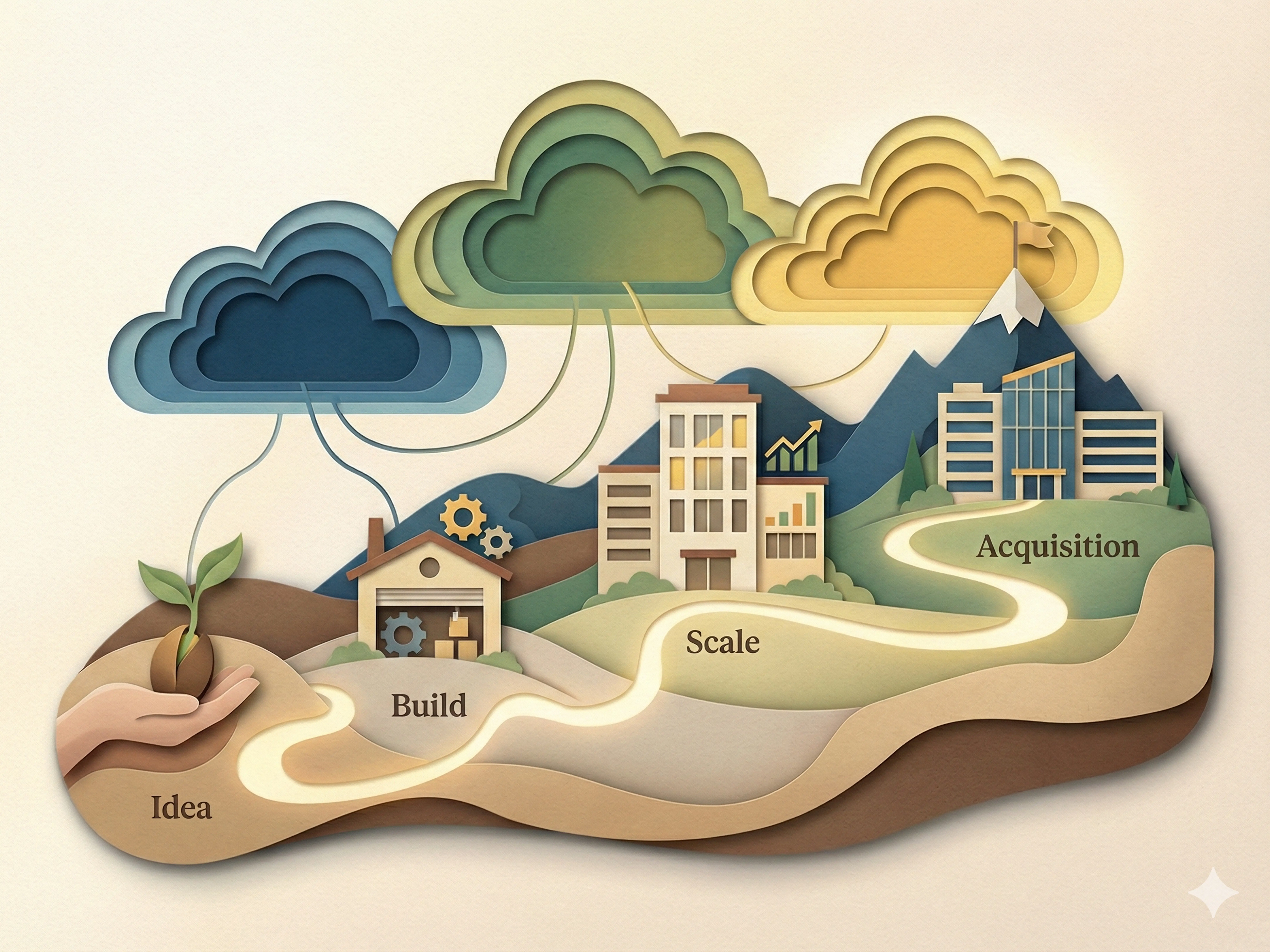“The vulnerability of the economy to recurring incidence of vegetable price shocks, especially ahead of and during the monsoon, warrants major reforms in perishable supply chains covering transportation networks, warehousing and storage technologies, and value addition processes that damp the amplitude of these swings,” the central bank report said.
“Inflation data for July 2023 that have been released in the first half of August indicate that the genie of inflation is still out of the bottle – upticks have flattered to deceive the good feeling of moderation that had just started to set in during May and June,” said the report, which is prepared by RBI’s economic research wing headed by deputy governor Michael Debabrata Patra.
RBI always maintains that views expressed in the report are that of the authors, who said that stable prices for consumers, assured supplies and remunerative proceeds for farmers can only be achieved when the reforms lead to efficiency and productivity gains while preserving the quality of output.
Notwithstanding the vegetable price gyrations, India’s overall economy is expected to regain the momentum in the second quarter of FY24, backed by domestic drivers such as private consumption and fixed investment offsetting the drag from the contraction in exports.
A dip in worldwide industrial production and weakening trade are likely to slow down the global economic recovery. The global economy also faces challenges of high levels of debt, tight and volatile financial conditions and extreme
weather conditions while geopolitical tensions continue. Global financial markets are also turning volatile following the US sovereign credit rating downgrade in early August, leading to risk aversions by investors.
“This unexpected development overwhelmed recent data arrivals that seemed to suggest that the global economy could avoid a hard landing,” the RBI report said, adding: “In this stressed global environment, the Indian economy appears poised to regain momentum (on a quarter-on-quarter basis) in the second quarter of 2023-24 after a dip that typically characterises the first quarter.”




































